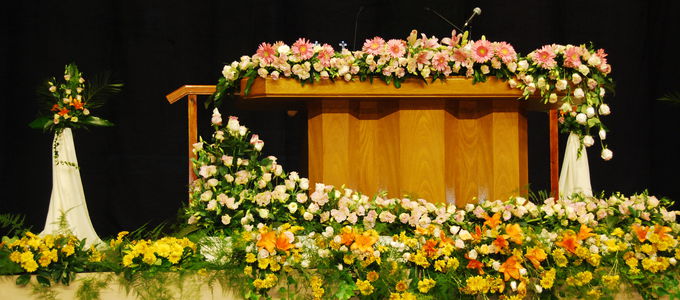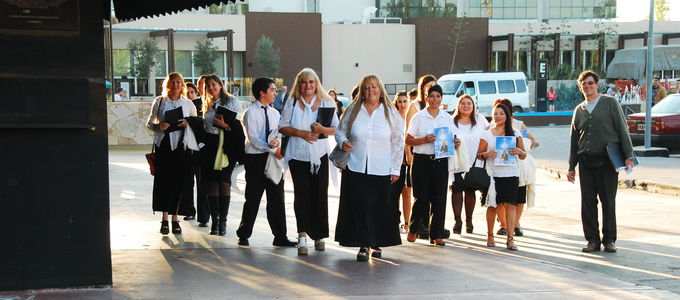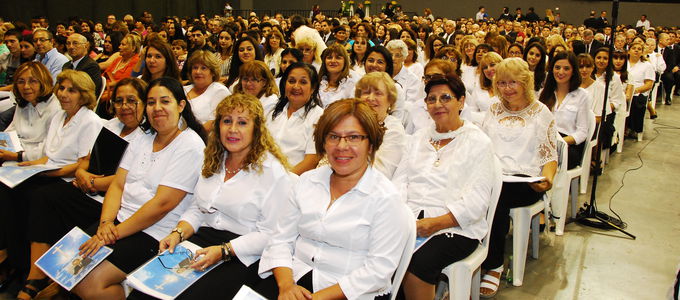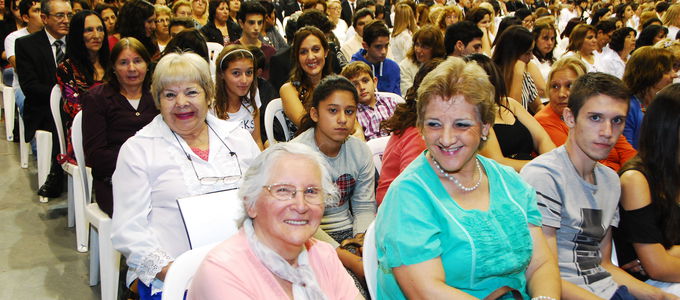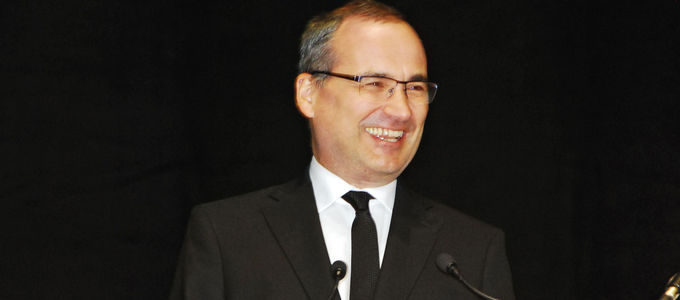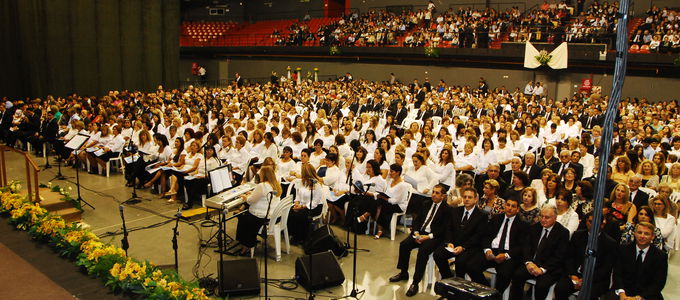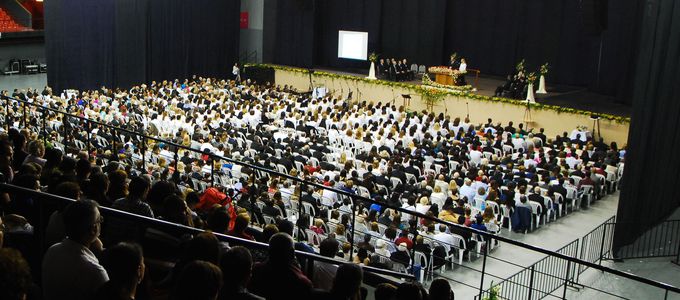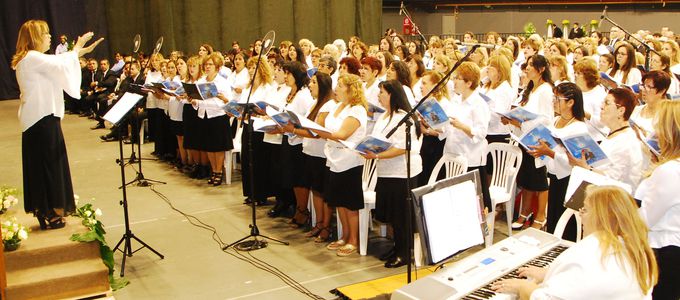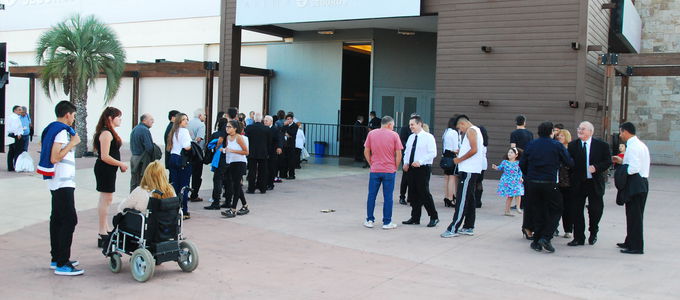
What is blessing? Who deserves grace? Who will be saved? Three questions, one answer: the first will be last and the last will be first. What does Jesus mean by that? And what does this mean for the here and now?
“Anyone who wants to follow Jesus has to swim against the tide.” This is how Chief Apostle Jean-Luc Schneider approached the Bible text. Christ often made powerful statements to rouse his listeners, but also to show: “My teaching is an inversion of values.”
The divine service on 5 April 2017 in Mendoza in Argentina revolved around a classic example of this: the statement that the first will be last and the last will be first. This idea appears several times in the gospels—and each time in a different context.
Faith saves
“And indeed there are last who will be first, and there are first who will be last” (Luke 13: 30). Here Jesus was heading toward Jerusalem and teaching the people along the way, when He answered the question of who will be saved.
In this context, the first are the Jews and the last the Gentiles, the Chief Apostle explained: on the one hand, the chosen people who did not believe in Jesus; on the other hand, the nations who had not been chosen, but who believed and would be saved.
“The same is true today,” he said. “To be saved it is not enough to just be a member of the New Apostolic Church. There must also be a strong and living faith, the kind of faith that produces works. But it is not the works that will save us but our faith.”
Blessing makes strong
“But many who are first will be last, and the last first” (Matthew 19: 30). Here Jesus is watching the rich young man walk away and responds to the disciples’ question of what recompense they can expect for staying with Him.
In this context, the rich young man is the first, the Chief Apostle said, and the last ones are the disciples—who, contrary to the young man, had left all their earthly possessions. “We should not confuse earthly wealth with salvation. True blessing consists in our receiving strength so that we can remain faithful until the end.”
Grace gives
“So the last will be first, and the first last. For many are called, but few chosen” (Matthew 20: 16). Here Jesus relates the parable of the workers in the vineyard and answers the question about justice and grace.
The first ones are the workers who were hired about the eleventh hour and who still received the same wages as the others. “The number of years we have been New Apostolic does not count for salvation,” the Chief Apostle said. In the end, everyone will need grace and will receive the same wages: eternal communion with God. “You cannot get more. That is the maximum.”
Love shares
“Assuredly, I say to you, among those born of women there has not risen one greater than John the Baptist; but he who is least in the kingdom of heaven is greater than he” (Matthew 11: 11). As an instrument in God’s hand, John the Baptist had achieved a great deal. But because he did not continue to develop, he could not be saved. “Sure, we want to serve our Lord, and we ask Him to bless our work. But please do not forget your own soul.”
The Chief Apostle said in conclusion: “We want to be firstlings in the kingdom of God. We want to follow and serve Jesus Christ because we love and trust Him. We are so thankful that we can receive the same reward as all those who had to struggle much more than we had to. That is why it is our desire that our neighbour receives the same.”






